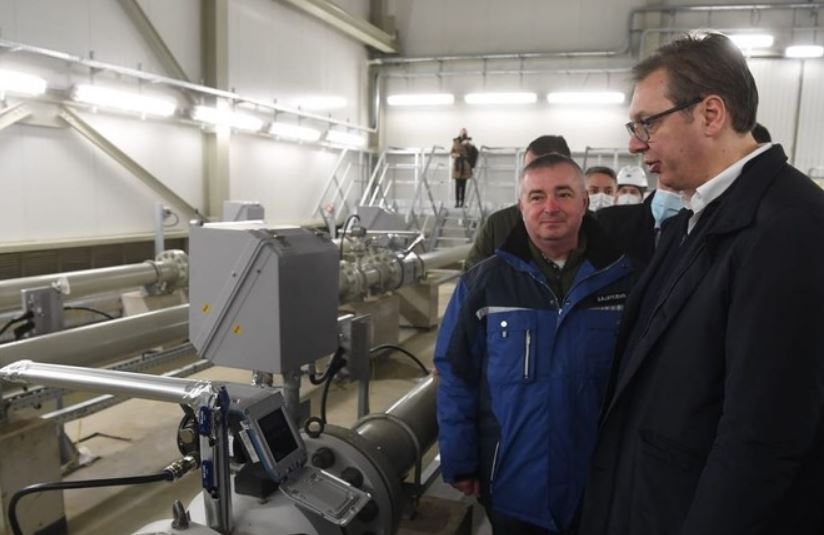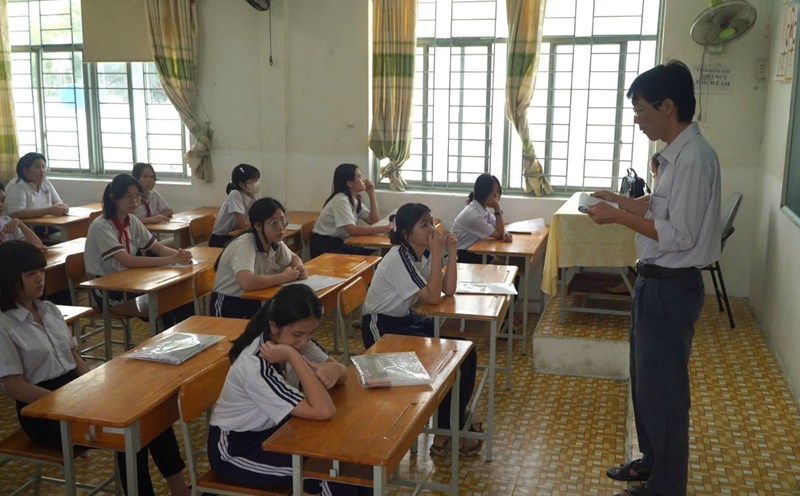According to the Russian Embassy in Belgrade, Russia and Serbia are actively negotiating to increase the volume of Russian gas supplied to Serbia after the current contract ends in September.
This could be a step to help Serbia continue to benefit from preferential gas prices, while strengthening Moscow's position in the Balkan region, in the context that most of Europe has sharply reduced its imports of Russian energy.
The extension of the current contract ensures Serbia will continue to receive gas at a preferential price of 290 euros/1,000 m3, much lower than the current price level in Europe (about 360 euros) - Mr. Dusan Bajatovic, General Director of the national energy company Srbijagas said.
Serbia currently depends more than 80% on Russian gas for domestic consumption. The gas is transported via the TurkStream gas pipeline, across Turkey and Bulgaria.

While other European countries have cut back or sought alternative sources, Serbia remains neutral and does not participate in Western sanctions against Russia.
The meeting between Serbian President Aleksandar Vucic and Russian President Vladimir Putin in Moscow on May 9 on the sidelines of the Nax extended Victory Day celebration is said to have "finalized" the direction of the new gas deal.
This issue was resolved during a meeting between the two Presidents, Serbian Ambassador to Russia Momcilo Babic confirmed. However, he added that there was no official signing date and that the specific output was still being negotiated.
Although not a member of the EU, Serbia is located in the center of Europe and is a strategic gateway for Russia to maintain influence in Balkan - an important but also unstable geopolitical region. Belgrade's continued import of Russian gas at cheap prices could make Brussels uncomfortable, while creating more leverage for Moscow against the EU.
However, experts warn that increased gas volumes could face technical barriers if major transit routes such as Nord Stream, Yamal- Europe or the gas pipeline through Ukraine are not restored.
If a long-term deal is reached, Serbia will be one of the few European countries to maintain close energy ties with Russia, while the rest are trying to escape this dependence.
A new gas deal between Russia and Serbia may not shake the European energy market immediately, but it is a clear message that Russia still has unresolved strategic cards, and Serbia could be one of them.










